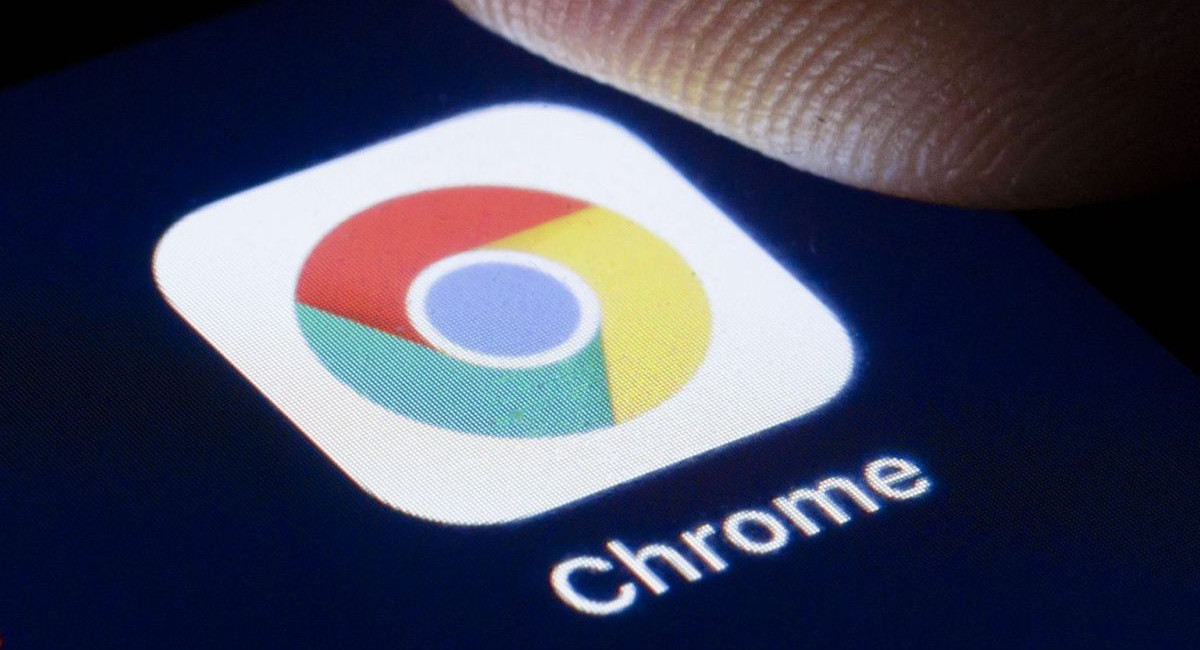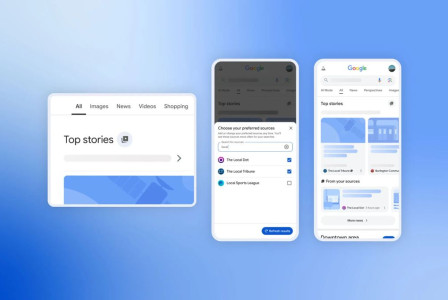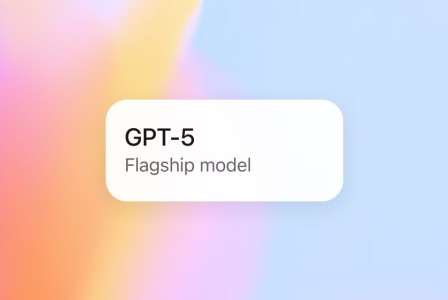SEARCH
Perplexity’s $34.5 billion bid for Chrome raises eyebrows

SHARE IT
AI startup Perplexity, known as much for its controversies as for its innovations, has made a surprising move in the tech world: it has offered to purchase Google Chrome for $34.5 billion. The proposal comes despite the company’s own valuation sitting at around $18 billion, raising questions about both its feasibility and its true motives.
Perplexity has been making waves in the AI sector over the past year, though not always for positive reasons. In April, it faced backlash after revealing plans to collect extensive user data to deliver hyper-personalized advertising. Just a few months later, in July, it introduced Comet AI — its proprietary web browser — but locked it behind a steep $200-per-month subscription, sparking further criticism. Now, with its latest headline-making proposal, the company appears intent on keeping public attention firmly on itself.
Speaking to Bloomberg, Perplexity’s chief business officer Dmitry Shevelenko confirmed that the offer to acquire Chrome is genuine. He also claimed that, if Google were to accept, Perplexity would commit an additional $3 billion over the next two years to invest in Chrome and its open-source counterpart, Chromium. According to Shevelenko, “multiple large investment funds” have already expressed readiness to fully finance the transaction, implying that Perplexity’s bid could proceed even though the company itself does not currently have the necessary capital on hand.
The audacity of the move is hard to ignore. Offering nearly double its own valuation for one of the world’s most-used pieces of software would be ambitious for any firm, let alone a relatively young AI startup. Market analysts are quick to point out that Google has never indicated any intention to sell Chrome, and given its dominant market share in the browser space, the $34.5 billion figure may not even approach its actual worth.
Chrome has been the focus of antitrust discussions in the United States for some time. Last year, the Department of Justice (DoJ) determined that Google holds a monopoly over online search and suggested that the company divest its browser to encourage competition. However, Chrome’s general manager strongly opposed the idea, noting the browser’s deep integration with Google’s services and infrastructure. This interdependence, they argued, makes it nearly impossible for another company to operate Chrome at the same level of functionality and efficiency.
Although no regulatory body has forced Google to part with Chrome yet, the DoJ’s recommendation has sparked speculation about potential buyers. Perplexity is not the only company to express interest; OpenAI has reportedly voiced a similar ambition. Still, whether these expressions of interest are serious acquisition attempts or simply public relations plays remains unclear.
For Perplexity, the offer could be interpreted less as a genuine acquisition bid and more as a high-profile publicity strategy. By associating itself with Chrome — a product used by billions worldwide — the company keeps itself in the media spotlight while also positioning its brand alongside one of the most recognized names in technology. Even the mention of multi-billion-dollar funding arrangements creates an impression of ambition and capability, whether or not the deal has any realistic chance of happening.
From Google’s perspective, selling Chrome to a competitor is improbable at best. The browser serves as both a gateway to its vast suite of services and a critical tool in its advertising ecosystem. Handing it over could undermine the company’s dominance in digital markets — something Google is unlikely to risk voluntarily.
In the absence of concrete negotiations, Perplexity’s proposal remains more of a talking point than a pending transaction. Yet it underscores the shifting dynamics in the tech industry, where AI companies are increasingly challenging established giants — not only with competing products but also with bold, attention-grabbing moves that blur the lines between genuine corporate strategy and calculated media spectacle.
If nothing else, Perplexity has succeeded in sparking conversation about the future of Chrome, Google’s market power, and the role of AI startups in reshaping the technology landscape. Whether the $34.5 billion figure is a serious offer or an ambitious publicity stunt, it has cemented Perplexity’s place in the current tech narrative — at least until the next controversial headline.
MORE NEWS FOR YOU

 Help & Support
Help & Support 

